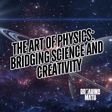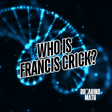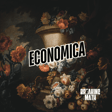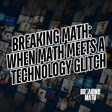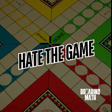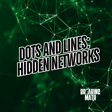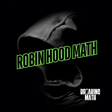
Random Shuffle Isn't Random At All
In this episode, we explore the intricate mathematics behind Sp0tify's (ok... and other's) shuffle feature, revealing how it is designed to feel random while actually being carefully curated. We discuss the psychological implications of randomness, the Fisher-Yates shuffle algorithm, and how engineers have created a system that respects human perception of randomness. The conversation delves into the philosophical aspects of curated randomness and the broader implications of mathematical principles in technology and human experience.
Takeaways
- The shuffle feature is not truly random.
- Humans struggle to recognize true randomness due to cognitive biases.
- The Fisher-Yates shuffle algorithm is a standard for randomization.
- Uses psychological techniques to enhance user satisfaction with shuffle.
- Dithering is a method used to create a perception of randomness.
- Shuffle feature analyzes multiple dimensions to optimize song selection.
- The algorithm incorporates noise to maintain unpredictability.
- Curated randomness is prevalent in various technologies beyond music.
- Humans prefer sequences with fewer clusters to feel more random.
- Mathematics can reveal insights into human behavior and preferences.
Chapters
00:00 The Hidden Mathematics of Spotify Shuffle
05:56 The Art of Psychological Randomness
07:58 Philosophical Implications of Curated Randomness
Subscribe to Breaking Math wherever you get your podcasts.
Become a patron of Breaking Math for as little as a buck a month
Follow Breaking Math on Twitter, Instagram, LinkedIn, Website, YouTube, TikTok
Follow Autumn on Twitter and Instagram
Become a guest here
email: breakingmathpodcast@gmail.com


